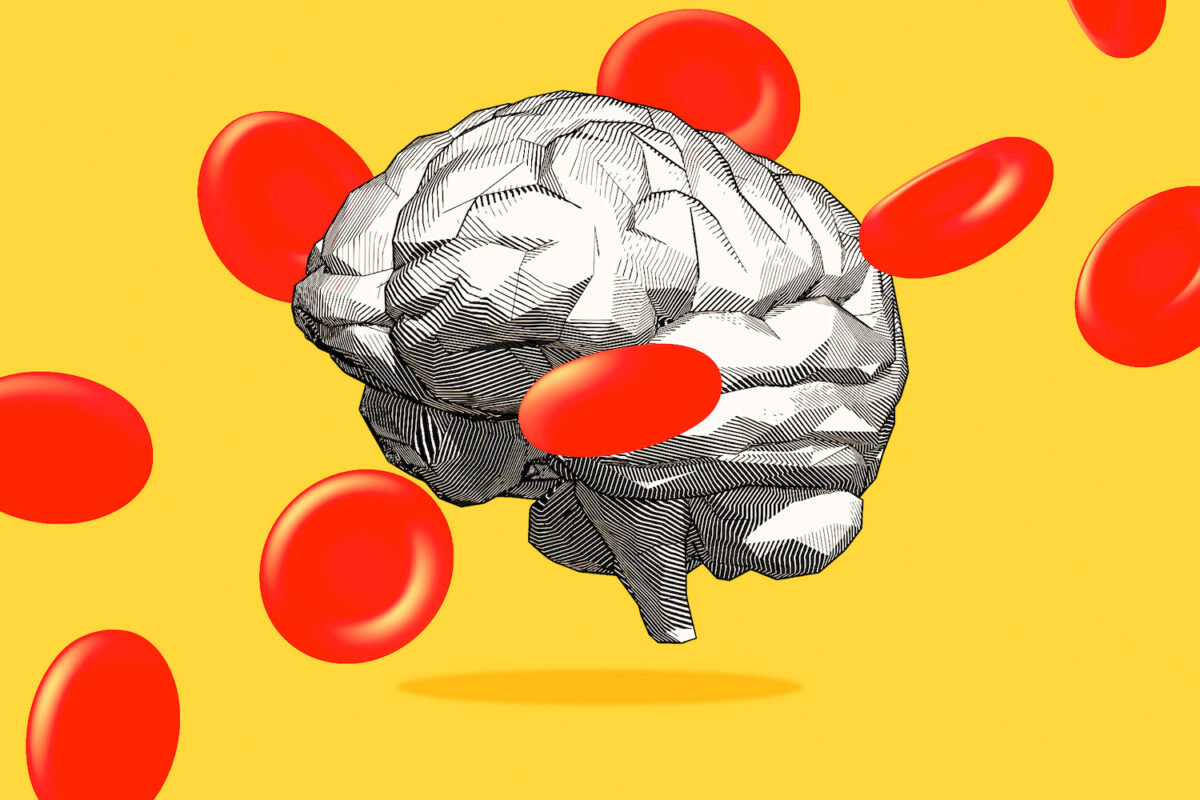We all know that too much sugar isn’t good for us. That’s why when it comes to diet time, it’s the chocolate, lollies, and biccies that are some of the first things to go. But despite everyone having a handle on how bad sugar can be for your weight, your teeth, and your heart, very few realise what it can do to the most important organ of them all: the brain.
Your brain is your body’s supercomputer – in effect, it runs the whole bloody show. That’s why despite only comprising around 2% of your body’s total mass, it requires a whopping 20% of your total energy in order to properly function.
But how we fuel the brain is important. Most of the energy it uses comes in the form of glucose, also known as sugar. However, that doesn’t necessarily mean that more sugar equals more brainpower.
In fact, understanding the different types of sugar out there, and the varying effects they can have on the body and brain is key to better understanding how you can keep your body’s most vital organ in good health.
This only rings truer when you consider that consuming excess sugar – in particular, “added sugar” – can be hugely detrimental to the brain, increasing the risk of developing Alzheimer’s disease.
So, what exactly are the different types of sugar out there, how can you tell them apart, and what effect are they having on your grey matter?
Added sugars versus sugars naturally found in foods

One of the crucial points borne out of research connecting brain health and sugar intake is the massive difference between added sugars and sugars that occur naturally in foods. Dr Austin Perlmutter uses the example of eating a blueberry vs drinking a blueberry-flavoured sugary soda as a succinct example:
A blueberry au naturel contains some sugar, but also contains fibre, antioxidants, and natural vitamins and minerals, all of which are very good for the brain and body writ large. A blueberry soda, on the other hand, lacks all of these goodies and has a hell of a lot more sugar, this is why the “added sugar” category is much more closely associated with depression, dementia, and a host of other issues.
Nonsense natural sugars
Sugar itself can take many forms, the number of which has rapidly increased in recent years as people search for healthier ways to consume it. Honey, maple syrup, coconut sugar, agave nectar, cane sugar, evaporated cane juice… You get the idea.
People are quick to extol the benefits of “natural sugar” like coconut sugar or raw honey over the supposed dangers of plain old table sugar. Though there’s a sprinkle of truth in this – some natural sugars contain vitamins, minerals, and antioxidants, as well as having a slightly lower effect on overall blood sugar – it doesn’t tell the whole story.
Overall, all types of sugar, “natural” or not, have a significant impact on blood sugar which, when raised consistently and over an extended period of time, increases the risk of a number of brain-related conditions.

Synthesised sugars
Another avenue taken by some is to rely on new-fangled synthesised sugar alternatives in an attempt to better manage their health. To avoid spikes in blood sugar and metabolism-related issues, people increasingly turn to stevia, monk fruit, aspartame or sucralose.
However, very little research has been done into the long-term effects of these sweeteners. Some research suggests you may be better off avoiding these altogether, with sweeteners like erythritol having potentially damaging effects on our brains and bodies alike.
Research-backed recommendations
With all these different types of sugar flying around, and a myriad of crisscrossed research advocating for some over others, it can be hard to know which path to take when looking to satisfy your sweet tooth.
Here, we’ve streamlined five of the take-home points, all of which are supported by extensive and ongoing data:
- Less is more. Your whole body will thank you for cutting down your sugar intake, and your brain will become more sensitive to sugar the less you have – this is a good thing.
- Sugar from whole foods is better than sugar from processed foods because it contains other goodies that are beneficial for your health.
- Some forms of natural sugar are slightly better for you compared to table sugar, but less sugar overall is still the way to go.
- We still don’t know much about synthesised sugar alternatives, so proceed with caution.
- Out of all sugar alternatives, monk fruit, stevia, and allulose appear to have the best risk-benefit profile compared to others, but the research is still in the very early stages.
We all need a sugar hit every now and then, but you need a healthy, and fully-functioning brain much more than you need the ecstatic rush of a Caramello Koala dissolving on your tongue… Hard as that may be to believe.
